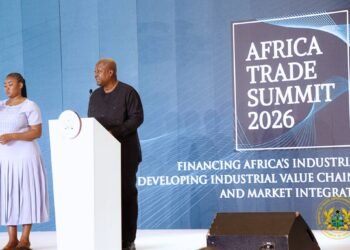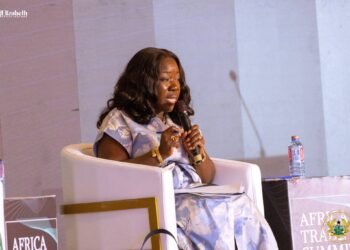The Extractive Industries Transparency Initiative (EITI) and Open Ownership have launched opening extractives, a new global programme to advance beneficial ownership transparency.
This initiative is aimed at making a substantial leap in efforts towards the level of disclosure of publicly available information on the individuals who own and control extractive companies. The initiative would allow dirty money to be more easily traced and make it more difficult and less attractive for people to benefit from the proceeds of corruption and crime in the extractive industry.
The problem of hidden ownership or anonymous companies remain a major obstacle in the fight against money laundering and corruption. They provide an avenue for corrupt and criminal actors, often with close political connections, to hide behind series of companies registered in different countries.
Evidence suggests that, hidden ownership of companies is mostly predominant in developing countries rich in natural resources. Developing countries have recorded an estimated loss of more than US$1 billion since 2011 as a result of corrupt or illegal deals, many involving anonymous companies.
Ghana, in particular, as an early EITI adopter, has made big inroads since its compliance with EITI standards. Early EITI reports reveal that the country was receiving little in the way of revenues generated from the extractive sector, hugely plagued with the problem of anonymous companies as earlier cited. However, the disclosure of information on ownership details for registered companies with regards to contract allocation within the extractive sector is relatively on the low, although still a threat. Thus, there is need for bigger commitments and efforts towards this new initiative.
Based on available evidence, publishing details of company ownership enables effective taxation and brings data to light that can be used to identify and address corruption. It can help build fairer markets, encourage responsible investment and manage business risk.
Accordingly, the project will be partly funded by the BHP Foundation and delivered by the EITI International Secretariat and Open Ownership.
James Ensor, BHP Foundation Chief Executive Officer and President said that, “Opening Extractives will ultimately improve the quality of life of millions of people in resource-rich countries,” and added that, “natural resources are ultimately owned by the citizens of every country in which the resources industry operates.
“Beneficial ownership transparency is critical to ensuring the revenues generated by the natural resources industry provide maximum benefit to every single citizen. But to be successful it requires governments, industry and civil society to work together – which is why this initiative is so important”.

Along these lines, Thom Townsend, Executive Director of Open Ownership, said: “We are at a tipping point to move from commitments to the implementation of beneficial ownership transparency, and Opening Extractives will accelerate progress. Anonymous companies are the getaway vehicle of choice for stolen public money, and beneficial ownership transparency is the most effective way to close this down. The Luanda Leaks were a powerful reminder of how some resource-rich countries have suffered and how public information can thwart corrupt activity.”
Mark Robinson, EITI Executive Director said that: “I am confident that this unique partnership is a recipe for delivering a step change in natural resource governance. The project will seek to mobilize political and stakeholder commitment and build the technical capability required to publish and use complex data. It has the potential to scale beyond the extractive sector and beyond the programme’s initial group of focus countries.”






















